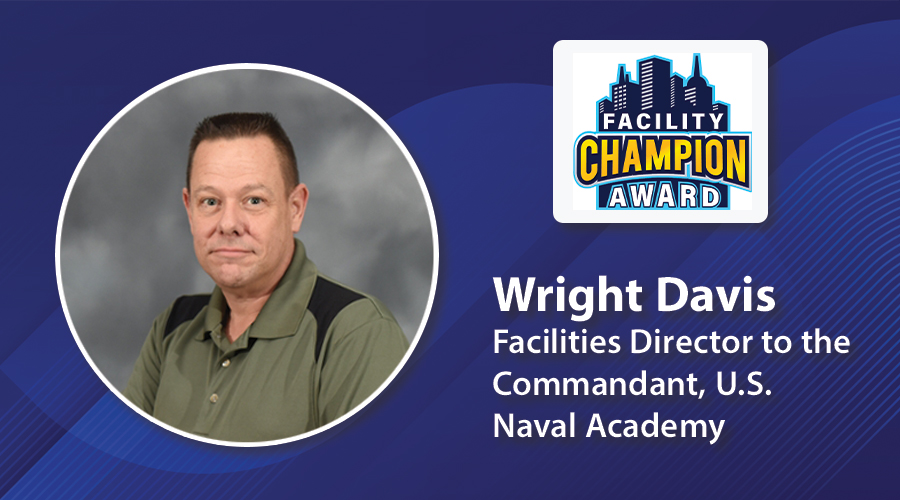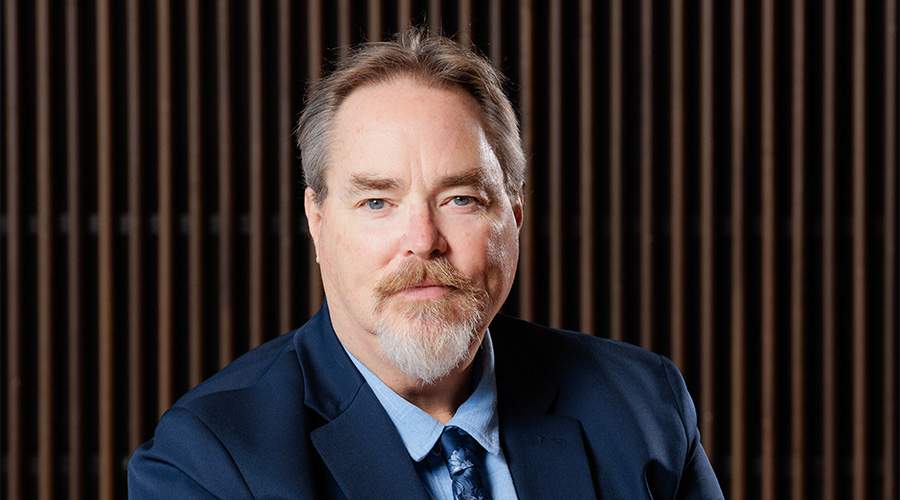Critical Skills: Continuous Improvement as a Facilities Manager
To stay effective and relevant in the industry, managers must be proactive and intentional about keeping their skills and knowledge up to date.
By Charles Thomas, Contributing Writer
Continuous improvement is the driving force behind excellence in facilities management. In this dynamic field, the best facility managers understand that learning is a lifelong journey. The landscape of facilities management is always shifting, with new technologies emerging, regulations evolving and best practices being refined. To stay effective and relevant in the industry, managers must be proactive and intentional about keeping their skills and knowledge up to date.
Managers need to emphasize the importance of ongoing professional development. Seeking opportunities for growth, such as attending training sessions, pursuing certifications and participating in industry events are key contributors to a successful early career. These experiences expand technical expertise and expose facility managers to fresh ideas and innovative solutions they can immediately apply in their organizations.
But learning in facilities management goes beyond formal education. Reading widely, whether it’s books, industry articles or detailed case studies, can provide a broader perspective on challenges and solutions. By staying informed about what is happening in the field, managers can anticipate trends and be better prepared to implement changes that benefit their teams and organizations.
Networking is another crucial aspect of continuous improvement. Joining professional organizations and engaging in online forums connects managers with a community of peers who share similar challenges and aspirations. These networks are invaluable for exchanging advice, sharing resources and learning from the experiences of others. Sometimes, a casual conversation at a conference or an insightful post online can spark a new approach to a persistent problem or open the thought about a new tool that could help a technician do the job better.
While technical skills are essential in facilities management, the most successful managers also recognize the value of developing so-called soft skills. Leadership, communication and problem-solving are often more important than understanding the latest building automation system or safety regulation.
A manager who can inspire a team, clearly articulate goals and navigate complex situations will be far more effective than one who relies solely on technical know-how. Managers who stick with a technical approach and never develop anything else will only be known as technicians, stunting their growth with that ceiling. As a facility manager, being well rounded is essential, so investing time in these areas pays dividends for team performance and personal career growth.
Setting personal goals is a powerful way to drive continuous improvement. By identifying specific areas for development and tracking progress over time, facility managers can maintain focus and motivation. Celebrating achievements — whether mastering a new software tool, earning a certification or successfully leading a project — reinforces positive habits and builds confidence.
It also is important to embrace mistakes as learning opportunities. Every misstep provides valuable feedback that can inform future actions and decisions.
The commitment to continuous improvement benefits managers and their organizations. The more managers invest in their development, the more valuable they become as employees and as leaders and innovators. Organizations thrive when their facilities managers are adaptable, forward-thinking and committed to excellence. For the individual, this mindset opens doors to new opportunities, greater job satisfaction and long-term career success.
Continuous improvement in facilities management is about more than just keeping up with change. It is about actively seeking growth, building a broad and adaptable skill set and fostering a culture of learning. By doing so, facility managers not only enhance their own careers but also contribute to the ongoing success of their organizations.
Charles M. Thomas is an operations professional, consultant and writer who has held positions with reputable organizations as a facilities and operations manager, operations manager and technical writer. With 12 years of operations experience working among the research, education, financial planning, legal and public relations industries, Thomas has built and sharpened his skills in general operations, strategic operational planning, project management, human resources management and organizational community relations. Thomas is a mentor to those in the facilities industry and has a passion for helping others. He established LACE Management with the mission to help organizations build their programs from the ground up, enhance their existing programs, and serve as a communicator for a generation of young professionals. His personal mission is to learn all he can while he can from the people who do it best and to be of service to all clients in the best way possible.
Related Topics:












